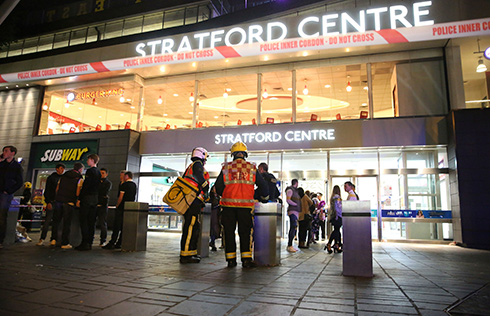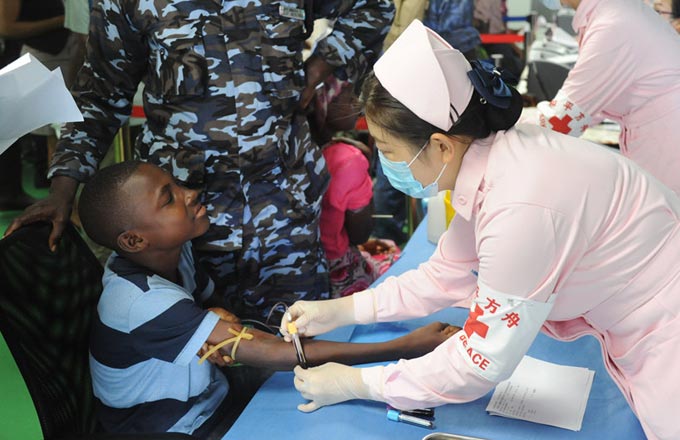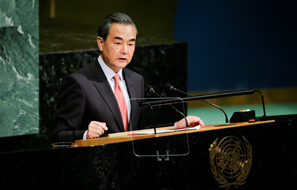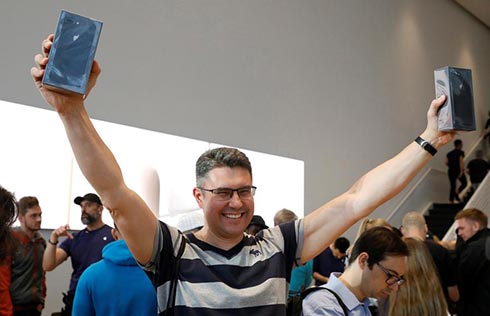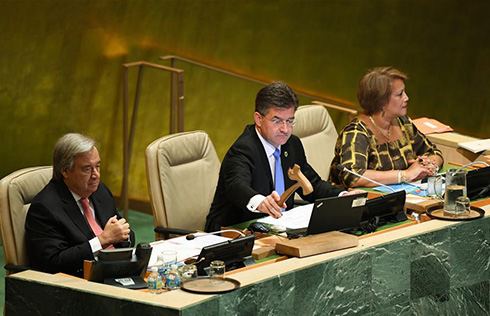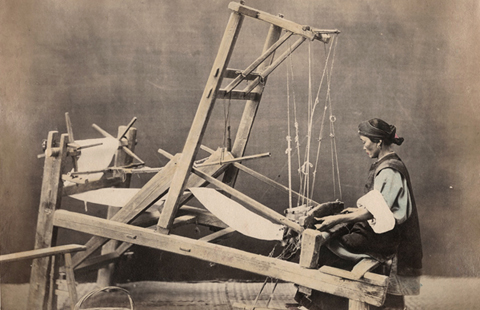Germans start to vote for next parliament
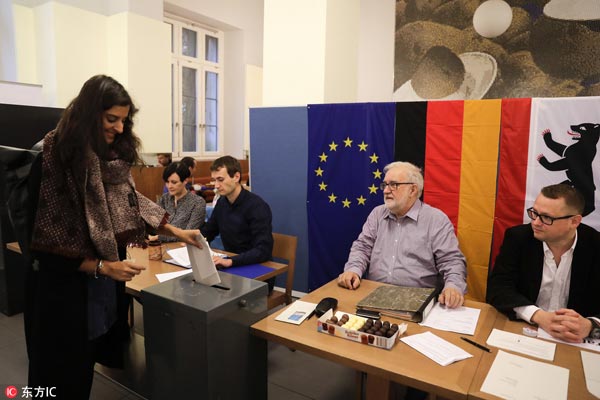 |
|
A voter casts for Germany's general election at a polling station in Berlin, Sunday, Sept 24, 2017. [Photo/IC] |
BERLIN - More than 61 million German voters were called to cast ballots on Sunday to pick their Bundestag, or federal parliament, on which a new government will be formed.
About 73,500 polling stations across the country opened at 8:00 am local time (0600 GMT) and will be closed at 6:00 pm (1600 GMT).
Polling institutions will interview voters anonymously at the exit of selected polling stations, and will publish the initial results exactly after the election ends.
Chancellor Angela Merkel's CDU/CSU conservative alliance is expected to win most votes, which is set to hand Merkel a fourth four-year term as chancellor.
It is also expected to see the far-right anti-immigration party Alternative for Germany (AfD) enter the parliament for the first time since World War II.
German election rule sets a five-percent-vote hurdle for parties to be elected in the Bundestag.
According to opinion polls in the run up to Sunday's election, six parties -- counting Merkel's CDU and its Bavarian CSU sister party as one -- are expected to win seats in the new parliament.
The other four parties are center-left Social Democrats (SPD), business-friendly Free Democratic Party (FDP), far-left party Die Linke, and Green party (Gruene).
In a chilly morning with drizzle at a polling in Wedding Borough, one of the poorest and most ethnically diverse localities in Berlin, people coming to vote were mainly senior citizens, most of who were concerned about refugee issues and pension, but refused to elaborate their opinions.
"We work too long. We have to retire at 67 years old to get our pensions," a voter said anonymously to Xinhua.
At a bustling polling station in Mitte, center of Berlin, two civil servants working at the station said they cared about the foreign policy of Germany's new government, hoping that the country can play more actively in addressing the root causes of terrorism.
Volunteers at polling stations were also busy calculating ballots which had been cast by many voters via post.
SPD leader and former European Parliament president Martin Schulz cast his ballot in his hometown Wurselen Sunday morning. He published on Facebook a video clip, saying, "SPD received my votes, but it's not enough. Now it's up to you, no you must go to vote."
Merkel will cast her ballot Sunday afternoon at a polling station near Humboldt University Berlin. Her conservative Union was polling at around 36 percent before the election, enjoying a 13-percentage-point comfortable lead over its major rival SPD.
Across Germany's 16 regional states, more than 600,000 volunteers signed up to help count votes. Campaign posters are not allowed by polling stations and no campaigning is allowed nearby. Selfie-taking or any other photography while voting is also strictly prohibited.






